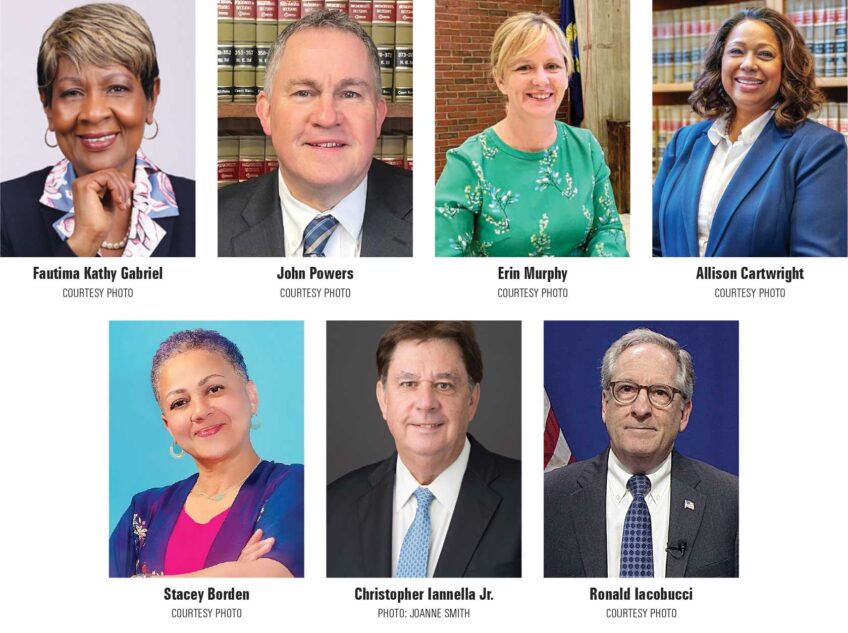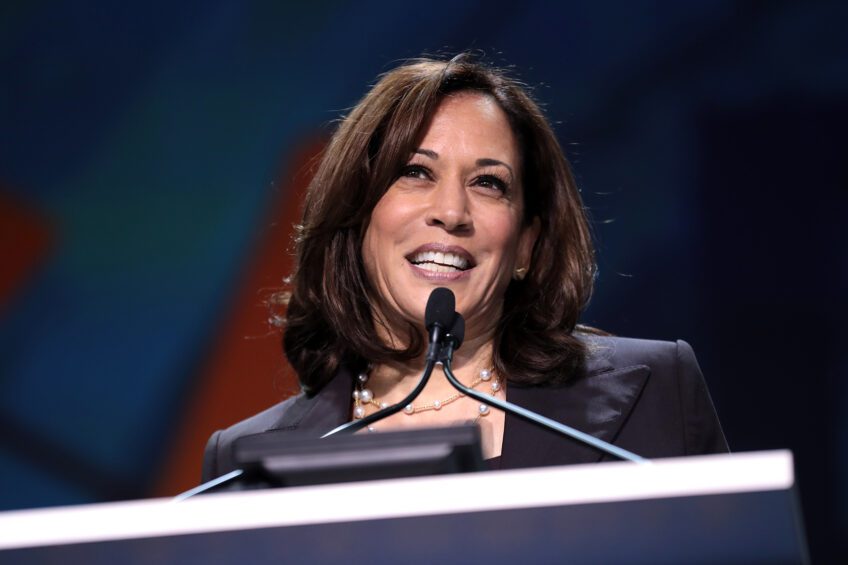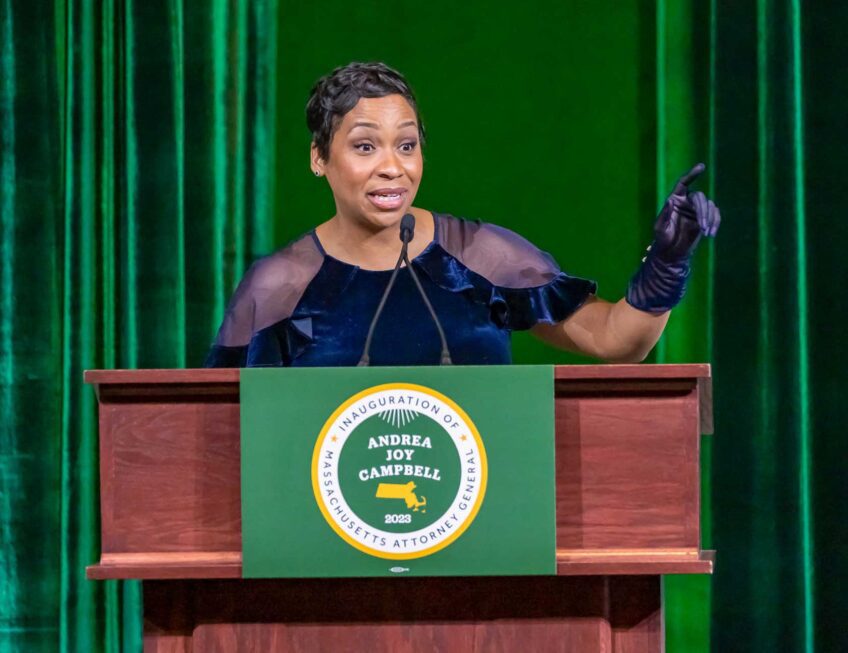Flynn strips Arroyo of committees
Move draws fire from councilors of color
In the wake of sexual assault allegations against the former chair of the Boston City Council Redistricting Committee coming to light, questions and concerns have arisen over the fate of the city’s redistricting process, which aims to redraw Boston’s political map for the first time in a decade.
Late last month, the Boston Globe published stories detailing two allegations of sexual assault in which City Councilor and Suffolk District Attorney candidate Ricardo Arroyo was named. In one, from 2005, he was named by an accuser as a perpetrator. In another that occurred in 2007, his name appeared in a report as someone who was present at a party that occurred the night a woman was assaulted while passed out. That woman, through her lawyer, said she twice told the Globe before the paper published the allegations that Arroyo had nothing to do with her assault.
Council President Ed Flynn last week cited the Globe articles as justification for temporarily removing the District 5 councilor from his positions leading both the Government Operations and Redistricting Committees. Flynn’s order removes Arroyo for 60 days, meaning he would return to his committee assignments in November — after the Redistricting Committee is required to submit new district maps to the state Legislature.
Arroyo secured a court order Friday releasing a redacted version of the assault case in which he was named that showed the case was dismissed as “unfounded.” Flynn did not respond to a phone call and text message from the Banner seeking comment on the released document.
During Wednesday’s regularly scheduled City Council meeting, the appointee taking over the Redistricting Committee, Councilor Liz Breadon, drew criticism from Arroyo’s supporters after filing her first order for a redistricting hearing.
“Transparency in redistricting is crucial, given the historic context of past litigation brought by Boston residents of color against district maps drawn for federal, state and municipal elected offices,” Breadon told her colleagues. “I commit to stewarding a redistricting process to craft a legally defensible redistricting plan that is equitably representative of the City of Boston.”
Despite her promise to bring equity to the process, councilors of color, including Tania Fernandes Anderson, Julia Mejia and Kendra Lara expressed feelings that the move would derail efforts to make districts more diverse.
“When we talk about redistricting, there is a lot at stake,” Mejia said Wednesday. “Leadership and representation matters, and if we divide up these districts in ways that are gonna be more equitable and inclusive, then the change in this body will be more reflective of the things that we know.”
Neighborhoods facing the greatest shifts include Dorchester and South Boston, where new housing units over the last decade have significantly increased the populations. The districts that stand to see the most significant changes are Dorchester’s District 3, represented by Frank Baker, and the South Boston-based District 2, represented by Flynn.
Especially vocal in opposition to the change in committee leadership was District 7 Councilor Fernandes Anderson who, speaking through tears at some points, expressed constituents’ fears that a chance at better representation has effectively been lost.
“Everyone is now super-afraid that because Councilor Breadon, a white woman, has it … that because all the white councilors here stick together, that they will try to move the districts in a way that is not diverse sufficiently to be able to vote in electeds of color,” she said.
Fernandes Anderson went on to tell her colleagues that the move also stands to fuel racial tensions on the council and animus from Bostonians. She went so far as to play a voicemail containing threatening and derogatory language that she said is one of multiple that have come into her office line.
“What the [expletive] do I have to do in this [expletive] council in order to get respect as a Black woman? I’m not afraid of losing the votes, I’m not afraid of the seat, I’m not afraid of anybody here,” she said.
Lara, who lent her support to her colleague, echoed the sentiment, saying she regularly receives similar emails and calls to her office. At one point she even accused at-large Councilor Erin Murphy, who is white, of stoking racist attacks.
Murphy had earlier in the meeting aired her criticism of Arroyo and the perceived lack of progress on new map-drawing.
“We have 60 days to make this decision,” Murphy said. “That hearing started one hour late and lasted 20 minutes. We should’ve been having these hearings a long time ago, so I applaud Councilor Breadon for bringing this order to talk about the importance.”
Lara, a vocal supporter of Arroyo in his bid for District Attorney, disputed the claim that the pace of hearings has been lagging compared to that of the last process in 2012, and also took the opportunity to point to that claim as an example of bias.
“I think that this is again highlighting the disparate level of expectation for white leadership and leadership of color here on the council,” she said.
The contentious meeting ended with Flynn kicking out pro- and anti-Arroyo spectators, some of whom got into a verbal and physical altercation outside of the council chambers. An anti-Arroyo demonstrator was arrested.
Catching up with the Banner, Breadon said she is committed to bringing in diverse voices to the redistricting process as it moves forward.
“The responsibility of crafting boundaries for electoral districts is not a task for me to take charge of alone, nor should the City Council be the sole decisionmaker,” she said. “My approach toward redistricting is to steward a collaborative process, not only among my colleagues, but by engaging community and voting-rights advocates, including the Drawing Democracy Coalition and those who demanded their voices be heard through past redistricting cycles resulting in our current Council.”
Breadon said she is working on solidifying a timeline for upcoming dates for hearings and outreach and is compiling materials from the 2002 and 2012 redistricting cycles as a reference in the meantime.






